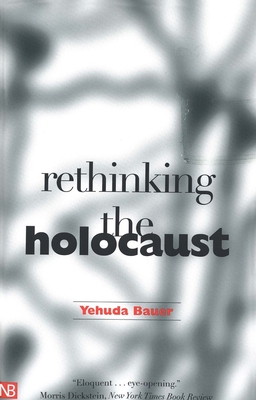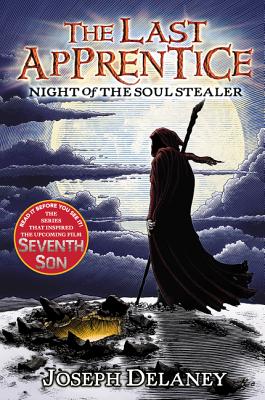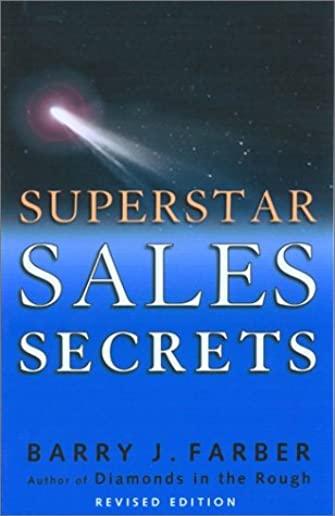
description
mier historians of the Holocaust, here presents an insightful overview and reconsideration of its history and meaning. Drawing on research he and other historians have done in recent years, he offers fresh opinions on such basic issues as how to define and explain the Holocaust; whether it can be compared with other genocides; how Jews reacted to the murder campaign against them; and what the relationship is between the Holocaust and the establishment of Israel. The Holocaust says something terribly important about humanity, says Bauer. He analyzes explanations of the Holocaust by Zygmunt Bauman, Jeffrey Herf, Goetz Aly, Daniel Goldhagen, John Weiss, and Saul Friedländer and then offers his own interpretation of how the Holocaust could occur. Providing fascinating narratives as examples, he deals with reactions of Jewish men and women during the Holocaust and tells of several attempts at rescue operations. He also explores Jewish theology of the Holocaust, arguing that our view of the Holocaust should not be clouded by mysticism: it was an action by humans against other humans and is therefore an explicable event that we can prevent from recurring.
member goods
No member items were found under this heading.
Return Policy
All sales are final
Shipping
No special shipping considerations available.
Shipping fees determined at checkout.







